Reading skills improvement Normal Phonics Worksheets for Ages 5-6
7 filtered results
-
From - To
Enhance your child's reading abilities with our Normal Phonics Worksheets designed specifically for ages 5-6. These engaging resources focus on improving essential reading skills through fun and interactive activities. Each worksheet incorporates phonetic elements that help young learners decode words, recognize letters, and develop strong foundational literacy skills. With colorful graphics and age-appropriate exercises, your child will gain confidence in reading while enjoying the learning process. Perfect for home or classroom use, these worksheets support diverse learning styles and provide a solid groundwork for future reading success. Get started today and watch your child's reading skills soar!
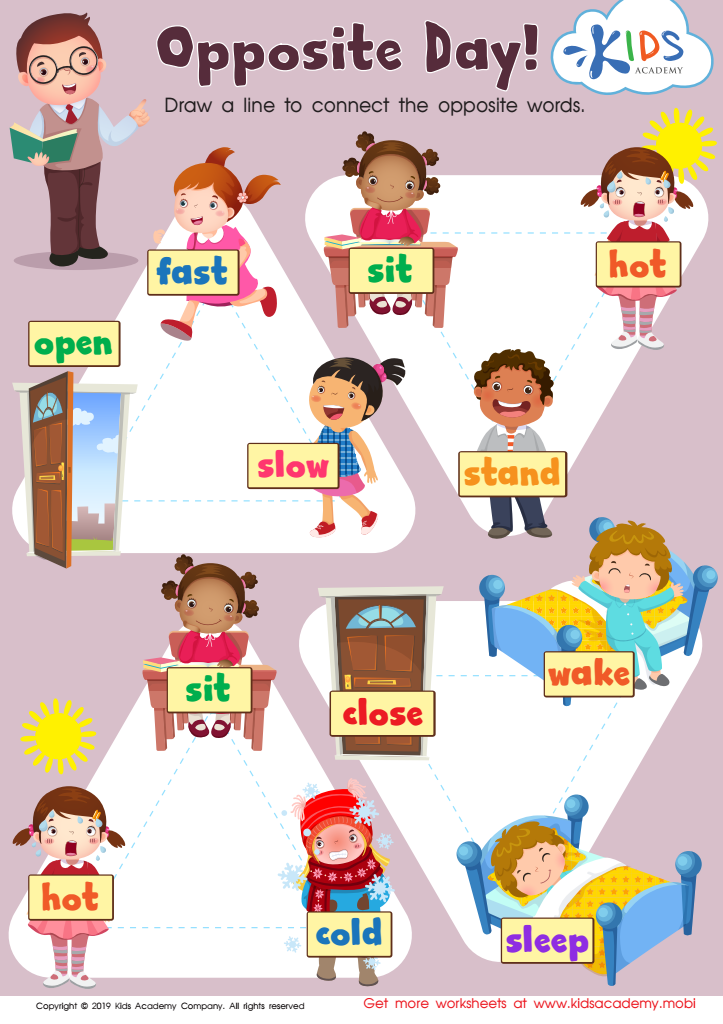

Opposite Day Worksheet
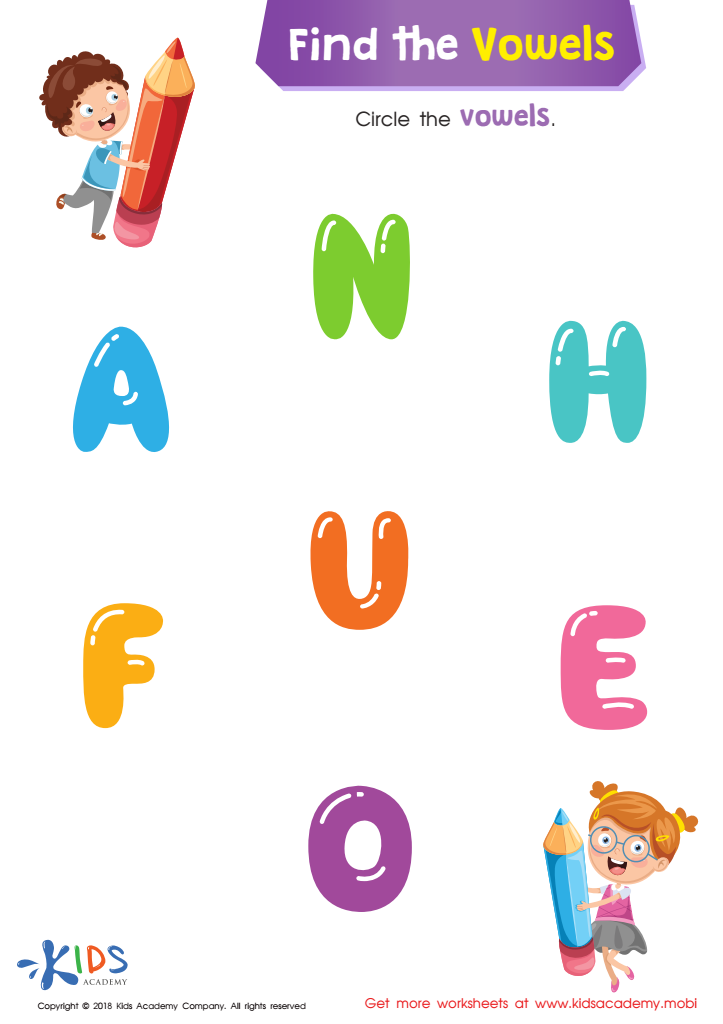

Find the Vowels Reading Worksheet
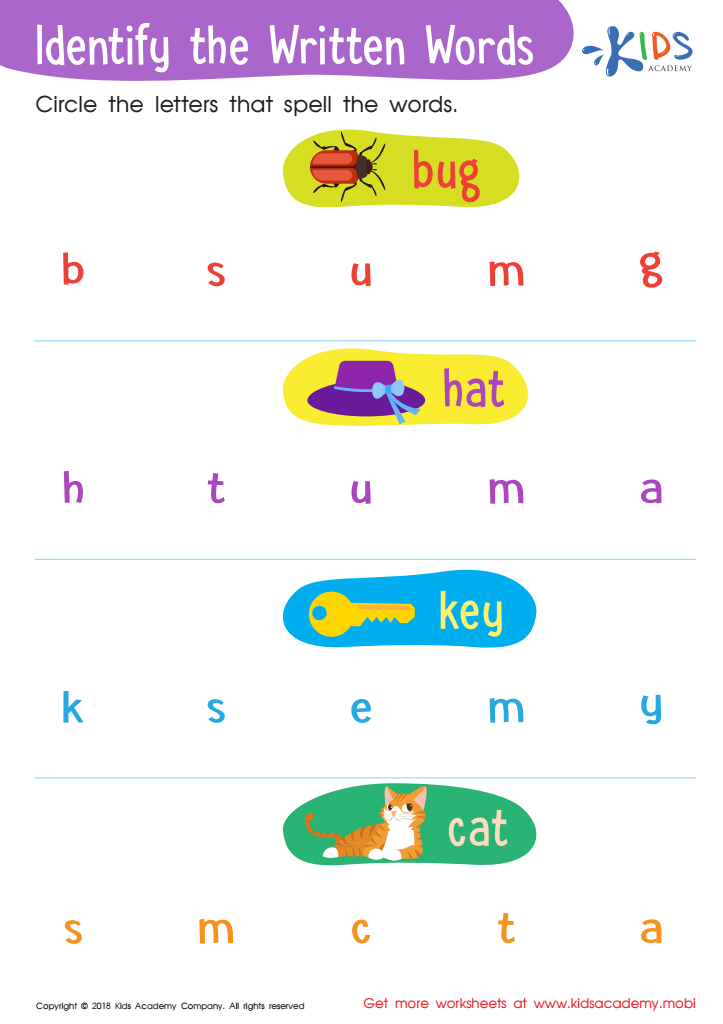

Identify the Written Words Worksheet


Words with sound p Reading Worksheet
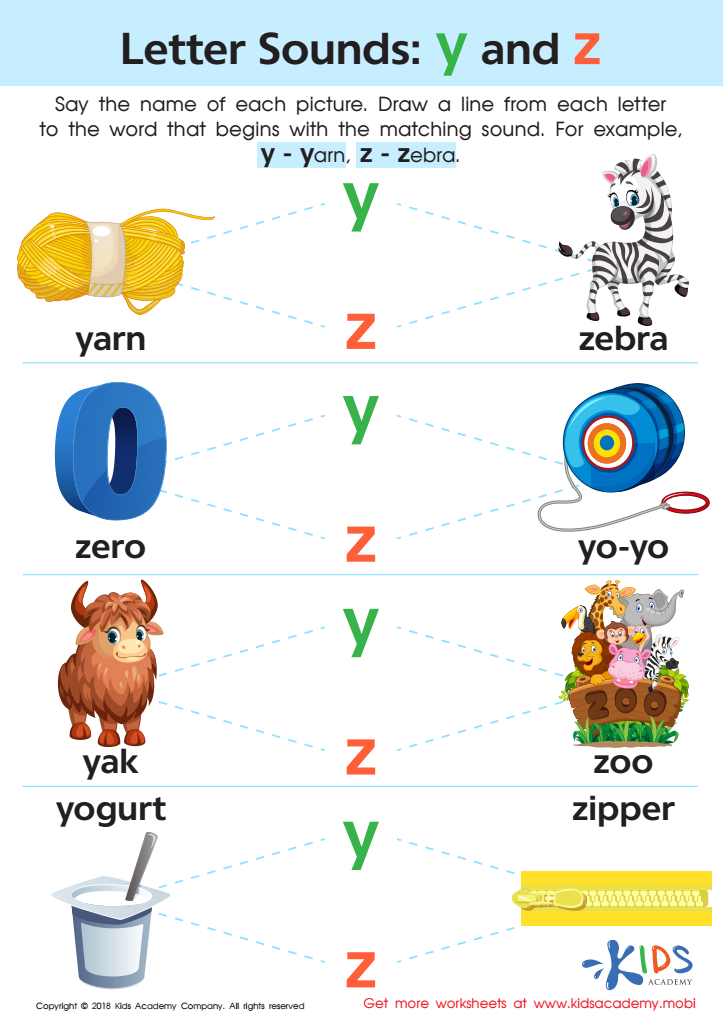

Letter Y and Z Sounds Worksheet
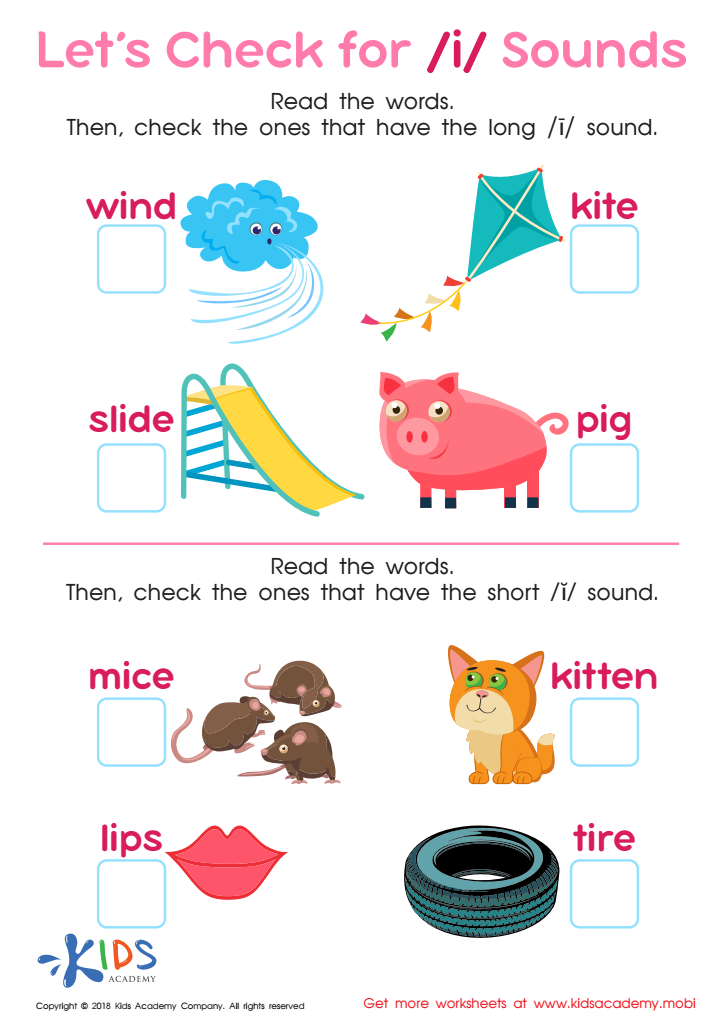

Let's Check for «i» Sounds Worksheet
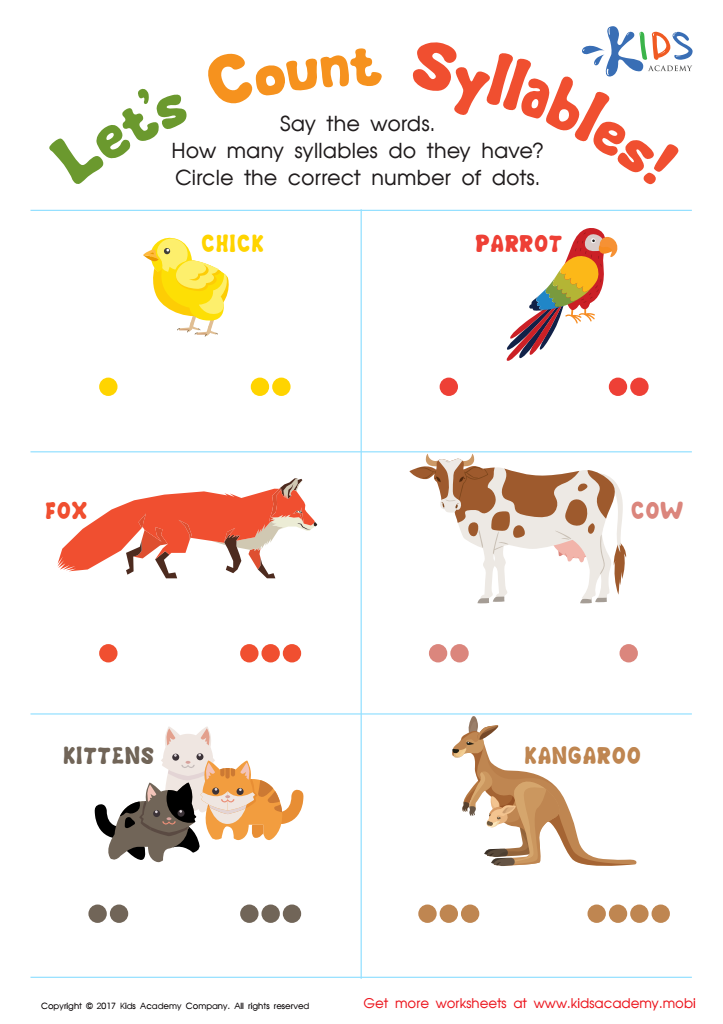

Lets Count Syllables Worksheet
Reading skills development in children aged 5-6 is crucial for their overall academic success and lifelong love for learning. At this stage, children are beginning to make the connection between letters and sounds, which forms the foundation for reading proficiency. Normal phonics instruction teaches children to decode words, recognize patterns, and understand the relationship between sounds and letters, facilitating not only reading but also exciting them about books and stories.
When parents and teachers focus on improving phonics skills, they help children build confidence and independence in reading. This early competency allows children to explore literature more enthusiastically, enriches their vocabulary, and boosts comprehension abilities. As a result, children become more engaged in learning, which is essential for their cognitive and social development.
Additionally, strong reading skills contribute to improved academic performance across all subjects, enhancing critical thinking and problem-solving abilities. For parents and teachers, fostering phonics skills early on is investing in a child’s future, promoting a greater capacity for understanding diverse concepts and navigating the complexities of education. Ultimately, caring about reading skills improvement equips children with essential tools for success in school and beyond.
 Assign to My Students
Assign to My Students



















